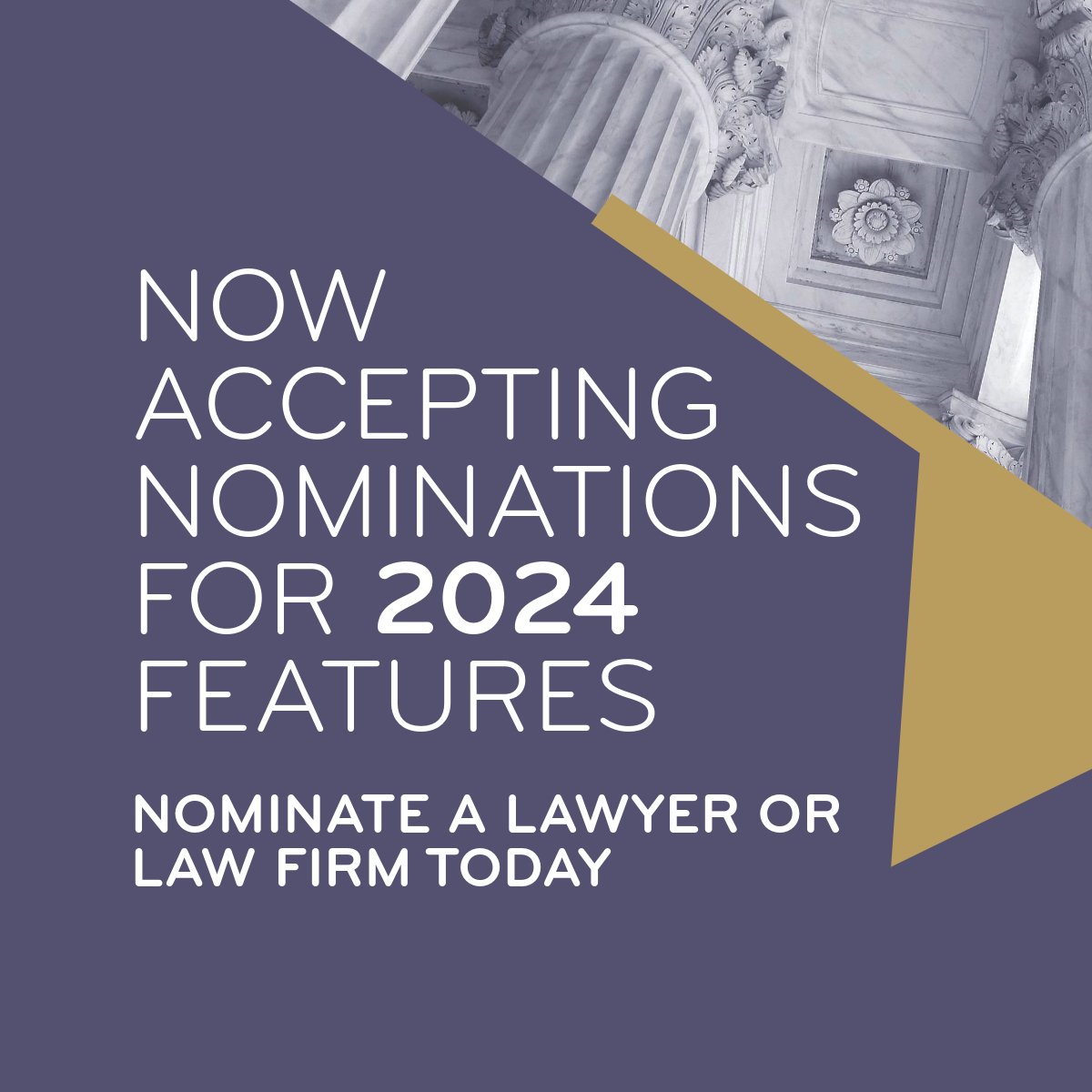“Unbelievably frustrating” is how Amélie Sophie Vavrovsky, founder and CEO of Formally, describes the immigration application process. Having obtained an F-1 student visa and then an O-1 nonimmigrant visa, she’s experienced the process firsthand.
“Many immigration applications turn into a vicious cycle where an immigration lawyer or paralegal has to keep asking their client for documents and information while the client doesn’t understand what exactly the lawyer needs or where to find them. This cycle ultimately becomes a time suck, with both sides frustrated and losing precious time and resources,” explained Vavrovsky.
Vavrovsky is a graduate research fellow at Stanford Institute for Human-Centered Artificial Intelligence. “My research focuses on how automated decision processes impact human rights. I look at questions of bias, access to justice through legal technology, and data equity. I am interested in exploring how artificial intelligence will shape access to and fairness of legal systems.”
That research led to the creation of Formally, which she launched last November. Its software uses an intuitive interface that translates legalese into English and nine other languages to guide users through immigration processes and fill out associated forms as they go.
A SPACE FOR COLLABORATION
“Formally is, at its core, a collaboration space. It ensures everyone in the application process can see who is responsible for each task and the status of those tasks,” said Vavrovsky. “We handle onboarding new clients – introducing them to their visa type, collecting personal information, and getting comfortable with their immigration journey. We help them upload the documents, understand what documents they need, and even draft initial versions of complex referral letters for visas like the O-1A that rely on robust supporting documentation.”
“Attorneys can also bring their own clients onto the platform to collaborate seamlessly on their case.” Formally’s clients will include individuals, families, and employers who want to work with an immigration attorney. Additionally, the software is designed to help prose applicants for processes like asylum.
“We work closely with immigration attorneys and HR experts to create educational modules that break down these complex processes into digestible portions. We walk people through the modules and provide explanations and context so everyone knows what their role is, what they need to share, and where to find that information.”
Formally does not offer legal advice.
“We make sure that all the fundamental information is there so the attorney can do what they do best – crafting and providing specific advice and strategies that meet the client’s needs,” explained Vavrovsky.
“The immigration application process is archaic, undeniably complex and in no way centered on the user experience,” said Maya Markovich, executive director of the Justice Technology Association. “Formally’s empathetic and accessible design simplifies an otherwise fraught experience and keeps the applicant’s sensitive personal data within their own control.”
SAVES TIME AND MONEY
Formally is conducting beta tests and looking for top tier immigration attorneys nationwide to level up their workflows. “We are excited to work with immigration attorneys who want to modernize and grow their practice. We’re building a list of credible, dedicated immigration firms to work with, so when corporate clients come on the platform, they have a portfolio of firms to work with,” said Vavrovsky.
“If a client doesn’t already have an immigration attorney, Formally will help connect them to one of the attorneys on our platform that specializes in their desired visa type.”
Vavrovsky says Formally can save immigration attorneys and their clients time and money. “Attorneys can use their expert knowledge to make sure that their cases are successful when submitted to USCIS while also spending less time on redundant tasks like document uploading, data input, and back-and-forth email communications.”
Attorneys pay a fixed monthly fee to be on the platform. “We want attorneys to reap all the benefits of investing in technology for their practice, so we don’t charge per case.”
Formally recently raised $2.3 million in pre-seed capital funding for further development and possible expansion beyond immigration.
“I firmly believe in the impactful work lawyers do, and it’s a privilege to work on access to legal services,” said Vavrovsky.








